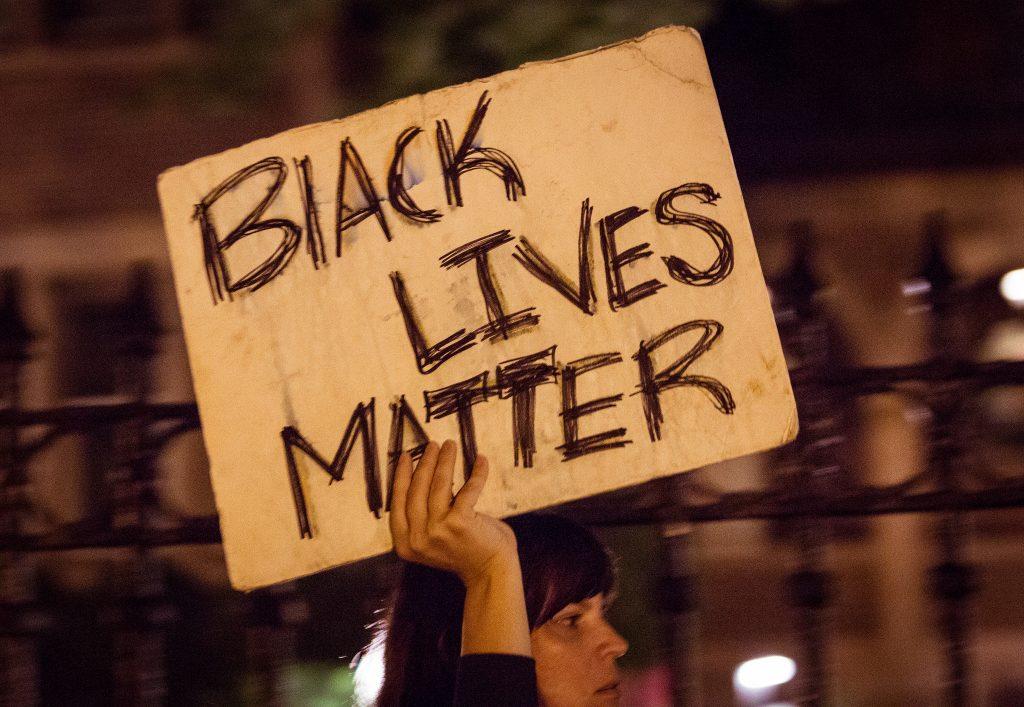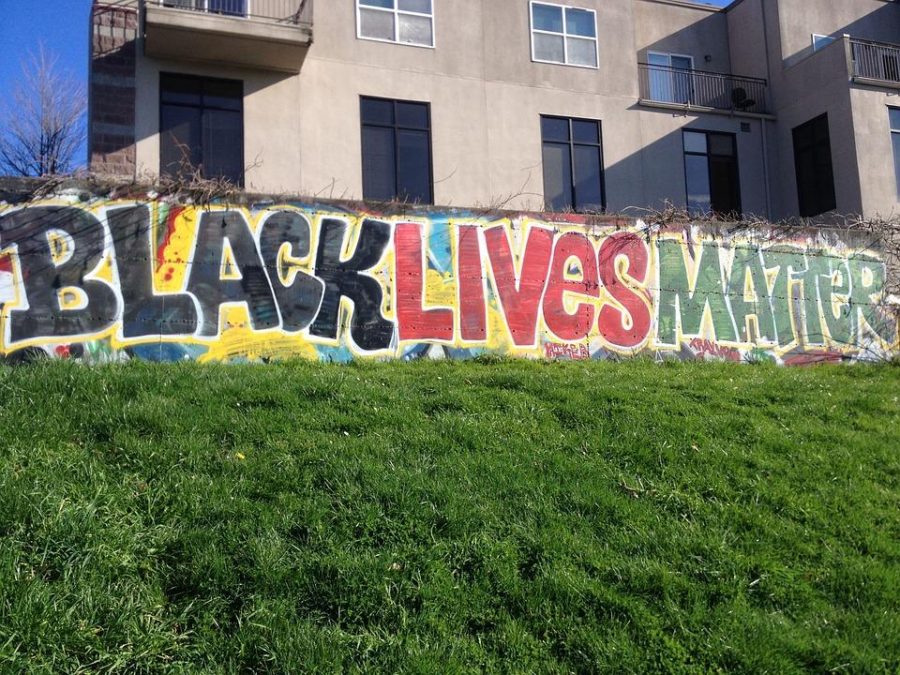In response to the current events involving police brutality and the Black Lives Matter movement, a discussion group was organized on the U campus for people to voice their opinions about race and racism without being harmed or judged. People of all races and backgrounds shared their thoughts on topics including white privilege and the role each individual plays in addressing and ending racism.
“This world is in the midst of an excruciatingly painful, complicated, debilitating labor,” said Wazir Jefferson, whose words are inspired by his best friend, Chad Allyn Southerland. “What she gives birth to is cradled by our actions. Whatever we are on the brink of needs to be swaddled in love, wisdom, respect, communication, honesty, hope. The list goes on. If it is to lift humanity higher, hate and violence only begets more of the same and prolongs the unbearable labor that has already lasted far too long.”
The movement, Black Lives Matter, has caused many people to make the point that all lives matter. What people — especially those of color — brought to the discussion on July 13 was the reality that black people are continually treated unfairly and discriminated against. The reality is that racism did not end after the Civil Rights Movement in the 60s. The recent police brutalities against African Americans have caused many to take a step back and realize there is a need for discussion about race and for white people to address the problems surrounding racism.
“Yes, all lives do matter and in an emergency room triage, gunshot wounds are treated before headaches,” said Jefferson on behalf of Southerland.

People at the event agreed that it is important for people, especially those who are white, to realize racial discrimination is deep-rooted and a big issue that needs a solution. There is no absolute solution, but it was suggested that white people need to come together and understand people of color and their needs, instead of asking them directly how the problems related to race should be solved.
White privilege was a topic brought up several times throughout the discussion. It was mentioned that white privilege affects people of color, especially in the professional world. Some voiced their frustrations about trying to find a job as a person of color and the struggles they have.
Several people in attendance agreed that change comes from each individual person on a daily basis. Others mentioned white people and their fear of asking colored people about race. There were several people of color who shared that they want white people to ask them about their race and not feel uncomfortable about asking.
Attendees at the event suggested that institutions like the U can bring people together for discussions and educate faculty about race. Campus police officers can also be trained on the Black Lives Matter movement.
“In order to understand one another and create solutions to end racism, we must acknowledge our history, embrace our differences and celebrate our humanity,” said Belinda Otukolo Saltiban, director of diversity and inclusion.


